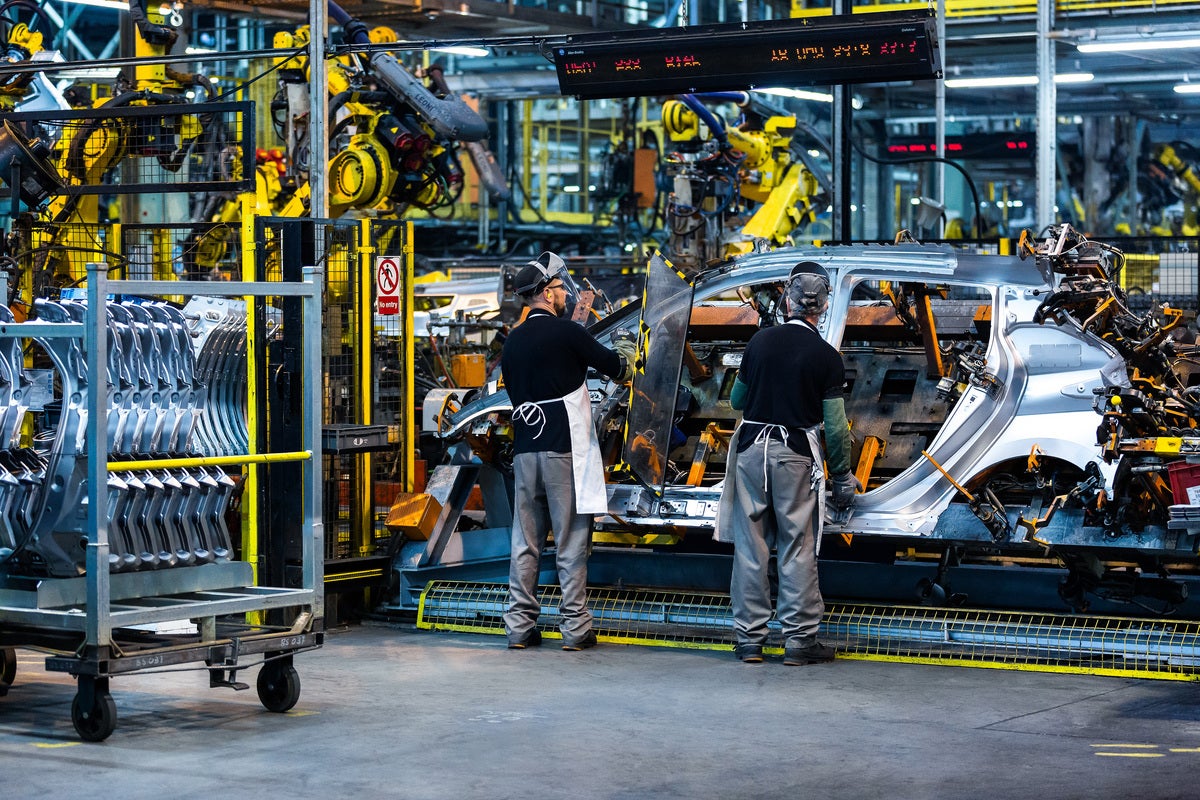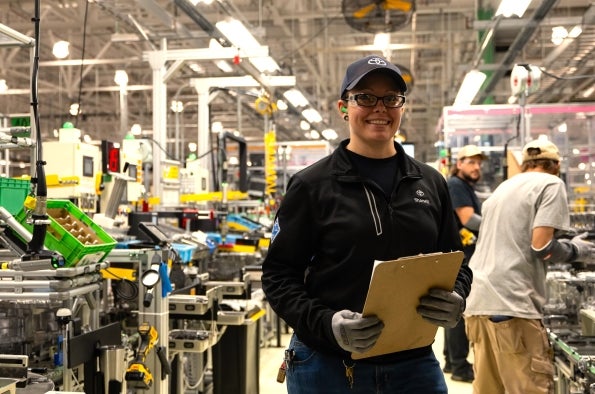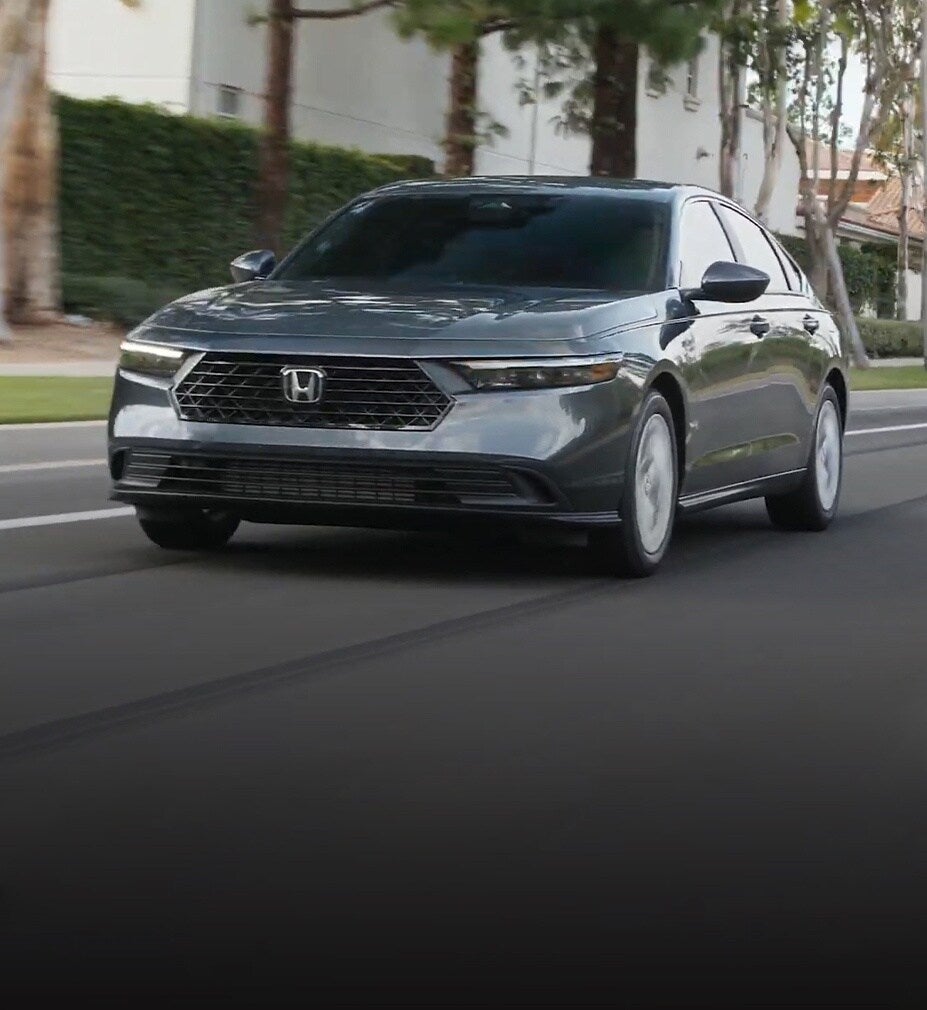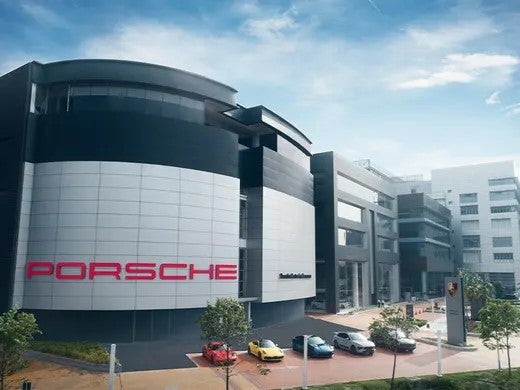
The European Commission (EC) has worked up confidential “Plan B” proposals to “cushion” the impact of a looming 10% tariff on imports and exports of electric vehicles, the UK’s Guardian newspaper reported.
The report said the proposal was presented to member states recently in response to pressure from automakers to amend some of the conditions imposed when the UK left the European Union (EU) [Brexit] in January 2021.
The Guardian said the EC was concerned any decision to lift the tariff, even temporarily, would constitute a breach of the Brexit trade and cooperation agreement (TCA) and therefore require reopening the deal itself, to which it is vehemently opposed.
Under the plan, presented by the working party in the UK, a series of “cushioning measures” reportedly would be brought in to mitigate the impact of the 10% tariff, due to enter into force in a few weeks, on 1 January 2024, the paper said.
The main proposal was to extend the validity of the 2023 official “statements of the origin” which need to be submitted when exporting cars, into 2024. This would guarantee that any electric vehicle ordered in 2023 but delivered in 2024 would be compliant with 2023 rules when a tariff did not apply, the Guardian said.
The car industry, which asked for the tariff to be suspended as far back as March, is still lobbying for a three year suspension of the tariff.
How well do you really know your competitors?
Access the most comprehensive Company Profiles on the market, powered by GlobalData. Save hours of research. Gain competitive edge.

Thank you!
Your download email will arrive shortly
Not ready to buy yet? Download a free sample
We are confident about the unique quality of our Company Profiles. However, we want you to make the most beneficial decision for your business, so we offer a free sample that you can download by submitting the below form
By GlobalDataUnder the Brexit trade agreement, from 1 January any electric vehicle exported from the EU to the UK or vice versa must be at least 45% made in either the EU or the UK or it will be subjected to a tariff, the report noted.
Because most of the cost of an electric vehicle comes from the battery, and most batteries are imported from China, manufacturers are racing to build the capacity to make batteries inside the EU so as to avoid these tariffs, the paper said.
British and European automakers have all called for the tariff to be suspended for three years to allow time for new battery factories and their associated supply chains to get up and running, the Guardian said.
Luca de Meo, group chief executive of Renault, who is also the president of the European Automobile Manufacturers’ Association, ACEA, reportedly said lasty week failure to lift the tariff could cost the industry “billions of euros”.
The Guardian said Germany and other countries with a significant car manufacturing base supported the suspension of the tariff but France had been arguing this would involve re-opening the TCA and require support from 27 member states.
De Meo reportedly said efforts to persuade France doing a deal on tariffs would not mean reopening the trade agreement had gone “very high in the hierarchy” because it was a “very important topic”.
The commission proposal had so far been presented only orally and member states were expected to respond once it becomes a written proposal.
It was understood some fear the commission’s “cushioning measures” could be legally challenged, the Guardian said.







